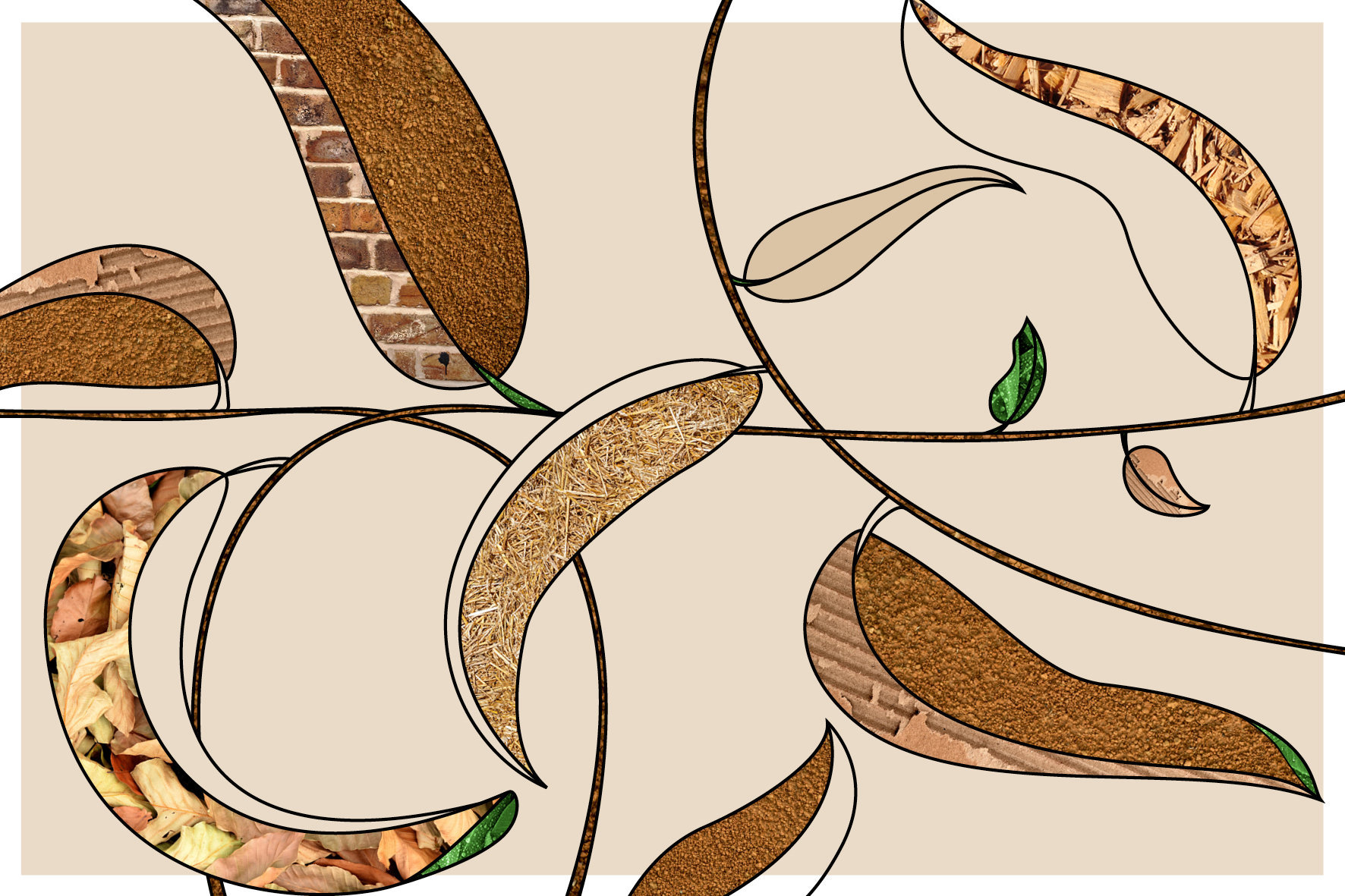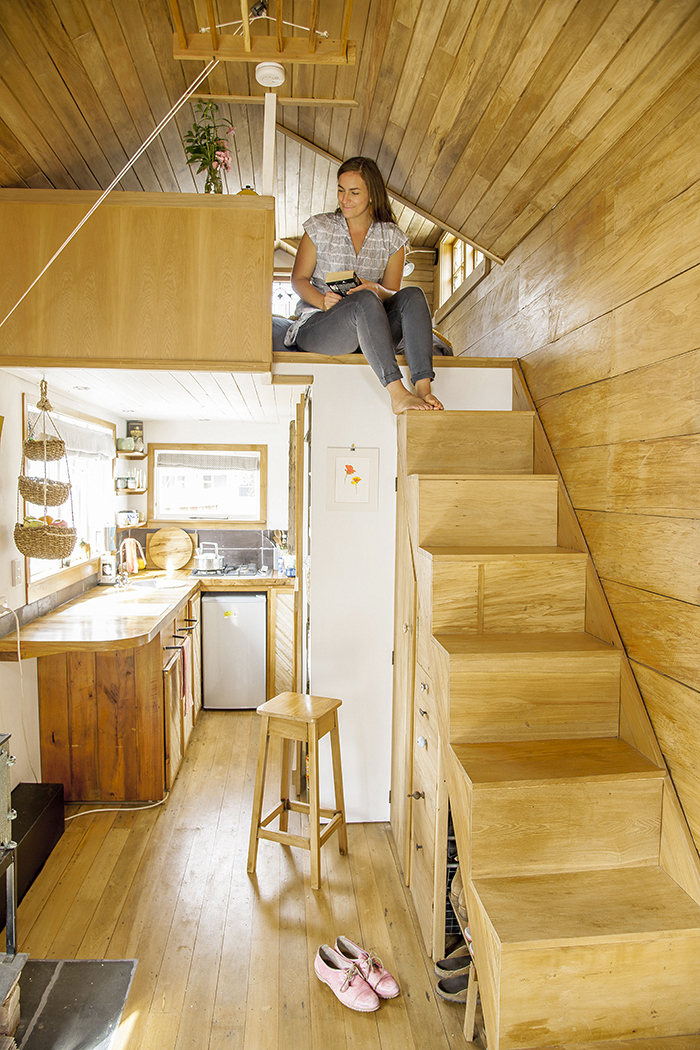Getting out into the garden can be an uplifting experience in more ways than one.
Has there ever been a time in history where we’ve been more connected than today? Through our technology many of us are available 24/7 and have access to hundreds, if not thousands of people through the touch of a button. But are we lacking a sense of real connectedness to each other, to the land, and to our food?
For me, there is nothing that replaces real life; the tangible feeling of getting my hands dirty in the garden, or quality face-to-face time with the people I love.
More and more often now it seems people are craving a genuine experience over a virtual or superficial one. There is something about gardening that provides a way to have a genuine experience, one that is meaningful as well as rewarding. Eating food you have grown yourself, for example, gives you such a sense of achievement, of having been a part of a process of nature that is so alive and vibrant. Gardening is one of the few age-old rituals that has remained in an ever-evolving world.
Back to nature
As people, we are drawn to what we feel connected to. You can notice this in children especially; dinner time provides a perfect opportunity to see it in action. Children are far more likely to eat their vegetables if they have grown them themselves as opposed to us just putting it on their plates. This is because they have shared in the process of its growth and know it is a natural thing for them to put it in their bodies. This would be the same for many adults, too: the experience of eating food, or enjoying a bunch of flowers we’ve grown ourselves is far richer.
Connection to the land is something that was once taken for granted but is now much rarer. Historically, this relationship was stronger as we were more dependent on the land to provide our food, whereas now we can get everything we need from a shop. This relationship, however, is important for all of us, giving us a sense of belonging and connectedness to where we live. It also helps us to respect and value the land as we care for it and gain a greater understanding of all it can provide for us.
Gardening can also be a powerful way of reintegrating the wild, primal aspects of ourselves.
I often find when I need to de-stress and get some perspective I get out into the garden and it instantly calms me. Research has proven that gardening does in fact reduce symptoms of anxiety and depression, lower cortisol levels and increase overall life satisfaction. One particular bacteria found in the soil actually helps activate brain cells and produces serotonin. I think this quote sums it up perfectly: “Gardening, it’s cheaper than therapy… and you get tomatoes”.
Tips for summer gardening
Veges
·Summer is a rapid growth season in the garden so pay special attention to watering, weeding and feeding.
·Water in the early morning or evening, especially those in containers that will dry out quickly in the heat.
·Plant seedlings such as lettuce, broccoli, cabbage, cauliflower, spinach, tomato, sweetcorn, beetroot, courgette, cucumber, melons, capsicum, and pumpkin.
·Feed tomatoes at least once a week with an organic liquid feed. Firmly stake tall varieties of tomatoes and make sure to remove laterals (shoots that grow in the v shape between the stalk and branch). Water regularly.
·Apply a good layer of mulch around veggies to help keep moisture in.
·Feed fruit trees to encourage more fruit and water well to help prevent fruit drop.
·Protect plants from caterpillars with an organic caterpillar control, or pick them off yourself regularly to keep numbers down.
·Seeds such as beans, parsnips, lettuce and sweetcorn can still be sown directly into the soil. For a continuous harvest sow seeds roughly every two weeks.
Lawn
·For greener lawns keep them a little longer than usual, this will prevent them from drying out so quickly.
·Letting some clover or flowering weeds grow in your lawn will attract insect life such as bees and provide some much needed food for them.
Flowers
·Sow your favourite flower seeds such as marigolds, zinnia, cyclamen, cosmos.
·Plant seedlings such as salvia, gypsophila, dianthus, chrysanthemum.
·Remove dead flowers from roses to encourage new blooms.
·Perennials and roses can still be planted, water in well.
·Lift flowering spring bulbs once the leaves have died down completely. Store in a cool dry place.







